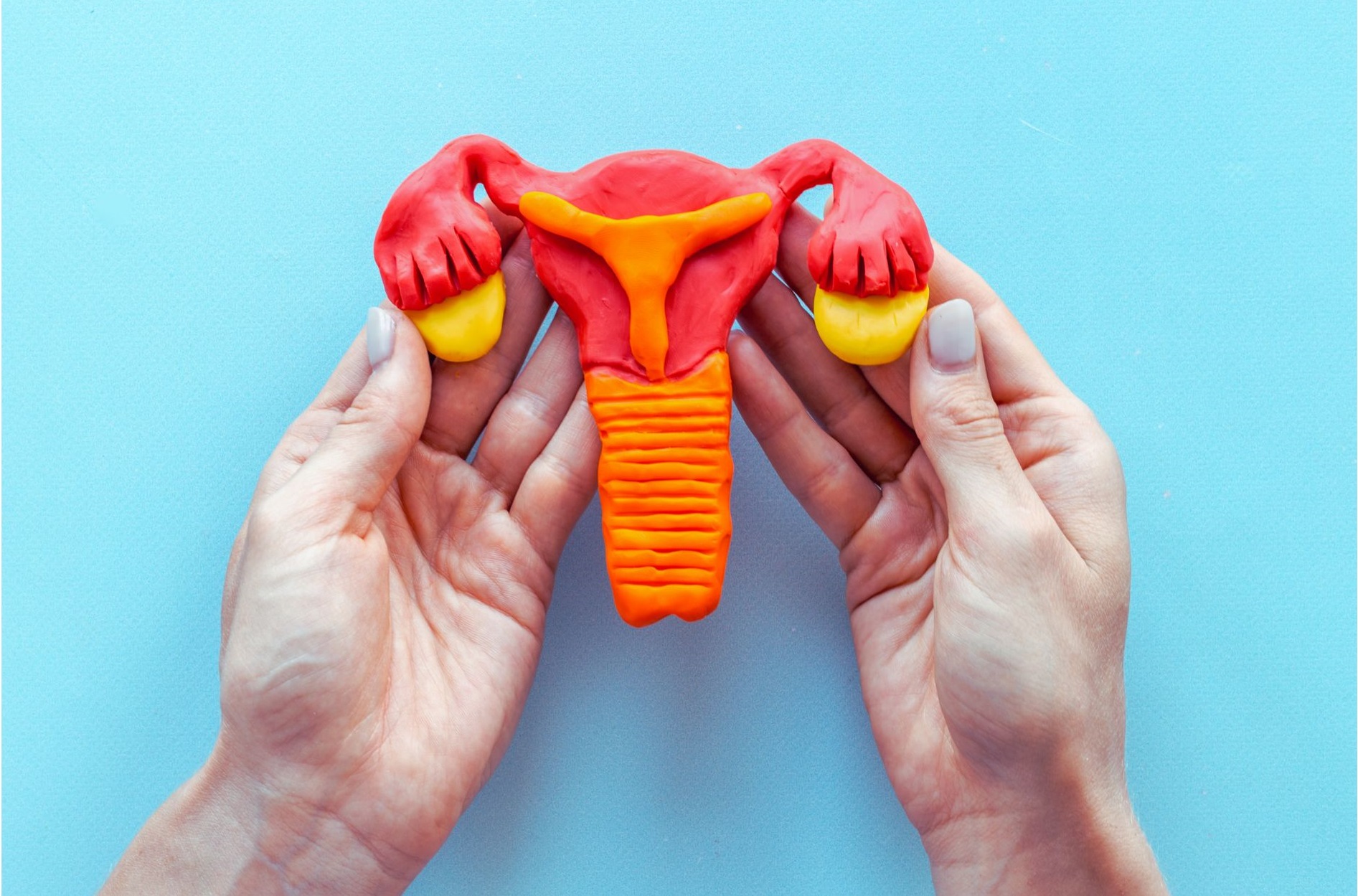The Hidden Key to Managing Diabetes and Blood Sugar
Have you ever wondered why some foods leave you feeling energised for hours while others make you crash soon after eating? The answer might lie in something called the Glycaemic Index (GI). If you have diabetes, are at risk of developing it, or simply want to improve your health, understanding the GI can make a big difference. [caption id="attachment_12261" align="alignleft" width="300"] Photo by Mark Patterson on Unsplash[/caption] Let’s break it down in...
You Can Be Diabetic And Still Enjoy Christmas In Singapore Without Compromising Your Health
The Christmas season is a time for celebration, family, and festivities, but in Singapore, as in many parts of the world, it also brings health challenges. From indulgent feasts to disrupted routines, the festive period can have detrimental effects on physical well-being. While the allure of seasonal treats brings joy, they also pose risks that Singaporeans should address proactively. Christmas in Singapore is synonymous with decadent buffets, rich desserts, and holiday...
BUZUD Singapore Signs MOU to Provide Healthcare Solutions and Community Support with Kampung Senang Charity and Education Foundation
Singapore, September 2024 — BUZUD Singapore, a leading healthcare solutions provider, has officially signed a Memorandum of Understanding (MOU) with Kampung Senang Charity and Education Foundation. The signing ceremony at BUZUD Singapore's Novena premises, marks the beginning of a significant partnership designed to bring advanced healthcare solutions and support to underserved communities. BUZUD Singapore kicks off this partnership with a strong start, committing a generous donation of 10 units of the...
Behind the Label: The Truth About “Reduced Sugar” Claims
In today’s health-conscious world, many consumers are drawn to food labels that promise to deliver on various health benefits. Phrases like “low sugar,” “low carb,” or “low fat” are often prominently displayed on packaging, and they tend to grab attention immediately. After all, who wouldn’t want to make healthier choices? However, these claims can sometimes be deceptive, serving more as a marketing strategy than a genuine indicator of health benefits. The...
Demystifying Artificial Sweeteners: Understand the truth behind this seemingly perfect solution
Artificial sweeteners are low-calorie compounds designed to mimic the taste of sugar. Common ones include Saccharin (Sweet n’ Low®), Aspartame (Equal®), and Sucralose (Splenda®). While they may not spike blood sugar levels like sugar, they can cause gastrointestinal issues, such as bloating and diarrhoea, and some, like erythritol, are linked to higher risks of heart attack and stroke. Artificial sweeteners often present themselves as a tempting alternative to sugar: all the...
Understanding and Analysing Continuous Glucose Monitoring (CGM) Reports
Continuous Glucose Monitoring (CGM) is a critical tool in managing diabetes, providing real-time data on glucose levels. This article aims to guide nurses and pharmacists on how to read and analyse CGM reports effectively, enabling effective diabetes management by maximising the potential and capability of the CGM. Key Sections of the CGM Report The following sections provide a comprehensive overview of glucose management during the reporting period, including glucose statistics and targets,...
How Women with PCOS Can Lower Their Risk of Diabetes
Polycystic Ovary Syndrome (PCOS) is a common hormonal disorder affecting women of reproductive age. It is characterised by a combination of symptoms such as irregular menstrual cycles, excess androgen levels (which can lead to acne, hirsutism, or male-pattern baldness), and polycystic ovaries (enlarged ovaries containing multiple small cysts). PCOS can also cause insulin resistance, which may increase the risk of type 2 diabetes and other health issues. In Singapore, PCOS is...
Optimising Diabetes Management by Mastering the CGM
Continuous Glucose Monitors (CGMs) are game-changers for diabetes management, providing real-time glucose data and trends that empower users to take proactive control of their health. This constant stream of information allows users to understand how their blood sugar levels respond to various factors such as diet, exercise, and medication. By seeing these patterns, users can make more informed decisions about when to eat, how much insulin to administer, and when...
These Foods Are Common But They Spike Blood Sugar Levels
Managing blood sugar is important for people with Type 2 diabetes. Understanding how different foods impact blood sugar helps in making better dietary choices as many foods, even healthy ones, can cause blood sugar to spike significantly. Carbohydrates are one of the basic food groups and they impact blood sugar levels the most, although other factors like fibre, protein, and fat content also play a role. The glycemic index (GI) and...
Understand Type 2 Diabetes to Manage It Better
There are several types of diabetes, including type 1, type 2 and gestational diabetes. For individuals with type 2 diabetes, insulin, the hormone essential for lowering blood sugar levels, becomes less effective. As a result, blood glucose levels remain elevated, leading to hyperglycemia. If left unmanaged, this can have severe health implications, such as cardiovascular diseases, nerve damage, and kidney issues. Type 2 diabetes is primarily characterised by the body's inability...









